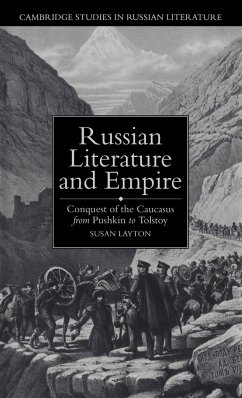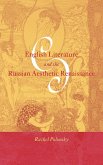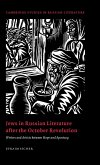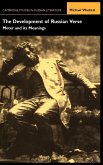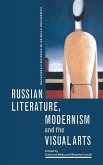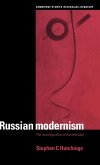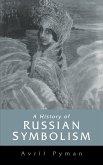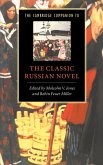This is the first book to provide a synthesising study of Russian writing about the Caucasus during the nineteenth-century age of empire-building. From Pushkin's ambivalent portrayal of an alpine Circassia to Tolstoy's condemnation of tsarist aggression against Muslim tribes in Hadji Murat, the literary analysis is firmly set in its historical context, and the responses of the Russian readership too receive extensive attention. As well as exploring literature as such, this study introduces material from travelogues, oriental studies, ethnography, memoirs, and the utterances of tsarist officials and military commanders. While showing how literature often underwrote imperialism, the book carefully explores the tensions between the Russian state's ideology of a European mission to civilise the Muslim mountaineers, and romantic perceptions of those tribes as noble primitives whose extermination was no cause for celebration. By dealing with imperialism in Georgia as well, the study shows how the varied treatment of the Caucasus in literature helped Russians construct a satisfying identity for themselves as a semi-European, semi-Asian people.
Table of contents:
Acknowledgements; Map; 1. Introduction; 2. The poet and terra incognita; 3. Imaginative geography; 4. Sentimental pilgrims; 5. The national stake in Asia; 6. The Pushkinian mountaineer; 7. Bestuzhev-Marlinsky's interchange with the tribesman; 8. Early Lermontov and oriental machismo; 9. Little orientalizers; 10. Feminizing the Caucasus; 11. Georgia as an oriental woman; 12. The anguished poet in uniform; 13. Tolstoy's revolt against romanticism; 14. Post-war appropriation of romanticism; 15. Tolstoy's confessional indictment; 16. Concluding observations; Notes; Bibliography; Index.
The first book to provide a synthesising study of Russian writing about the Caucasus during the nineteenth-century age of empire-building. From Pushkin's ambivalent portrayal of an alpine Circassia to Tolstoy's condemnation of tsarist aggression against Muslim tribes in Hadji Murat, the literary analysis is firmly set in its historical context, and the responses of the Russian readership too receive extensive attention.
The first book to provide a synthesising study of Russian writing about the Caucasus during the nineteenth-century age of empire-building.
Hinweis: Dieser Artikel kann nur an eine deutsche Lieferadresse ausgeliefert werden.
Table of contents:
Acknowledgements; Map; 1. Introduction; 2. The poet and terra incognita; 3. Imaginative geography; 4. Sentimental pilgrims; 5. The national stake in Asia; 6. The Pushkinian mountaineer; 7. Bestuzhev-Marlinsky's interchange with the tribesman; 8. Early Lermontov and oriental machismo; 9. Little orientalizers; 10. Feminizing the Caucasus; 11. Georgia as an oriental woman; 12. The anguished poet in uniform; 13. Tolstoy's revolt against romanticism; 14. Post-war appropriation of romanticism; 15. Tolstoy's confessional indictment; 16. Concluding observations; Notes; Bibliography; Index.
The first book to provide a synthesising study of Russian writing about the Caucasus during the nineteenth-century age of empire-building. From Pushkin's ambivalent portrayal of an alpine Circassia to Tolstoy's condemnation of tsarist aggression against Muslim tribes in Hadji Murat, the literary analysis is firmly set in its historical context, and the responses of the Russian readership too receive extensive attention.
The first book to provide a synthesising study of Russian writing about the Caucasus during the nineteenth-century age of empire-building.
Hinweis: Dieser Artikel kann nur an eine deutsche Lieferadresse ausgeliefert werden.

